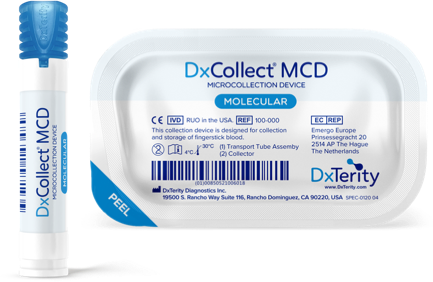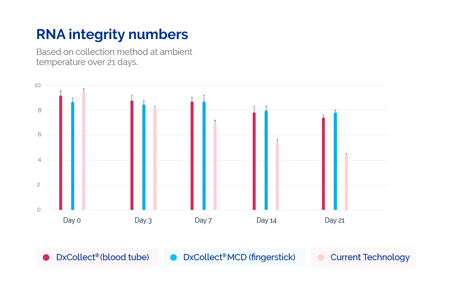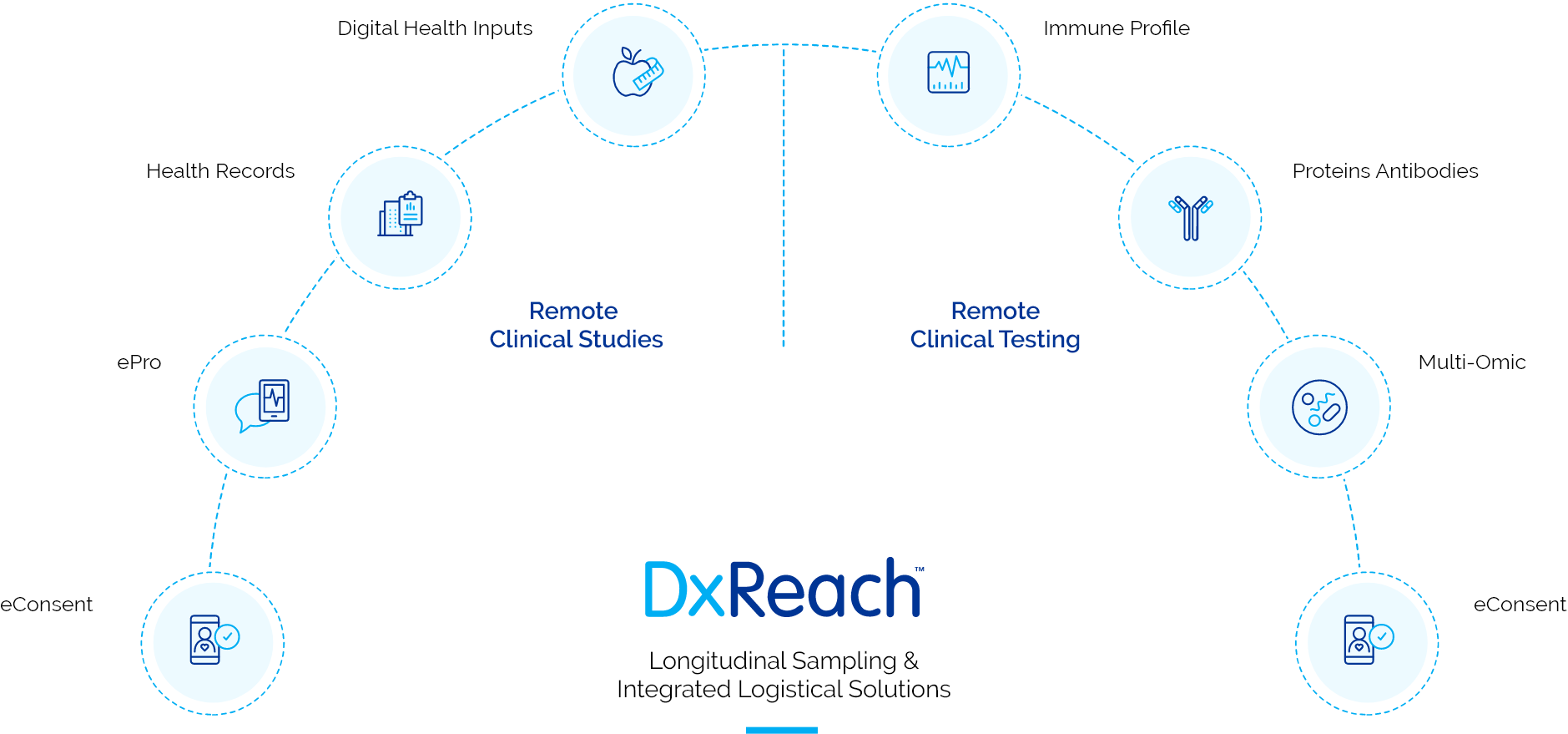Science
Innovating gene expression diagnostics at every step
Technology that enables precision medicine for autoimmune disease sufferers.



ANALYTICAL PROCESS
This system uses uniquely sized, adjacently binding, chemically reactive probes (S-Probe and L-Probe) to target genes of interest. Upon binding to the RNA target, the adjacent probes spontaneously ligate and reaction products which can be detected using industry standard instrumentation, such as PCR and capillary electrophoresis.

Our clinical research platform


DxTerity and clinical researchers share a common goal
To advance the understanding, treatment, and management of immune-mediated disease for improved patient outcomes. To that end, DxTerity is committed to providing integrated, patient-focused services that are designed to promote discovery and rapid product commercialization.

Recruiting for
clinical studies
One of the greatest challenges to conducting efficient, cost-effective clinical studies is obtaining quality clinical specimens. DxTerity is diligently recruiting a nationwide network of patient participants, designing convenient sample collection solutions that encourage patient compliance, and generating reliable test results using a proven genomic platform.

DxTerity provides a turnkey solution for longitudinal studies
Combining proprietary at-home sample collection with next generation eClinical tools, DxTerity provides a turnkey solution for longitudinal studies. The combination of nationwide, online recruiting campaigns and convenient study participation makes enrollment fast and easy. By engaging study participants from the comfort of their homes, DxTerity provides a hub for advancing care in chronic disease.
Thanks to data sharing, a better understanding of patient profiling and selection, it is possible for improved study focus. Appropriate patient selection, coupled with an ability to conveniently obtain samples from patients at home regardless of patient location, expands opportunities to reach a wider representation of patients and reduce study and product development costs.
Thanks to data sharing, a better understanding of patient profiling and selection is possible for improved study focus. Appropriate patient selection, coupled with an ability to conveniently obtain samples from patients at home regardless of patient location, expands opportunities to reach a wider representation of patients and reduce study and product development costs.
Questions?
If you are interested in partnering with DxTerity, please contact us at




















